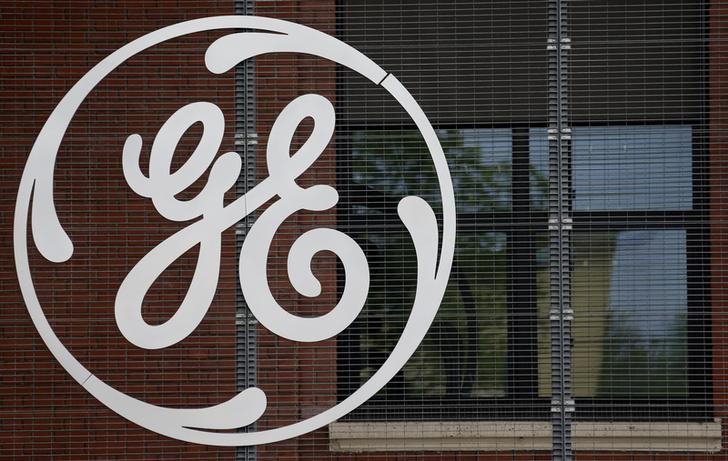By Diane Bartz
WASHINGTON (Reuters) - The government argued Monday that U.S. consumers would pay 5 percent more for ranges and wall ovens if AB Electrolux (ST:ELUXb) was allowed to buy General Electric's (N:GE) appliance business but the companies accused antitrust enforcers of failing to acknowledge powerful and growing competition from overseas manufacturers.
The Department of Justice asked a federal court in July to stop Sweden's Electrolux, which makes Frigidaire, Kenmore and Tappan appliances, from buying GE's appliance business for $3.3 billion. Trial in the case began Monday, with the government asking the judge for an injunction to stop the deal.
Justice Department lawyer Ethan Glass said that in one main channel - contract sales to developers and other professional buyers - GE had 28 percent of sales for ranges, Whirlpool (N:WHR) had 26 percent, Electrolux 23 percent, Kenmore (which is made by Electrolux) 11 percent, Samsung (KS:005930) 6 percent and LG 3 percent.
"If this merger isn't stopped, two-thirds of the ranges sold in the United States will be made by Electrolux," Glass told Judge Emmet Sullivan, who will decide the case. "If this merger isn't stopped, the daily competition between GE and Electrolux will end."
The Justice Department is focusing on lower end kitchen appliances, the type that home builders put in new houses and apartments or that consumers buy at big box stores.
But Electrolux lawyer John Majoras argued that Samsung and LG had started selling appliances in a small way recently but were growing fast. "This is a highly competitive marketplace and will continue to be so if this deal goes forward," Majoras said.
Speaking for GE, Paul Denis argued that the government approved a similar deal, Whirlpool's purchase of Maytag, in 2006 without triggering higher prices. In that case, the Justice Department cited competition from Samsung and LG as a rationale to approve the deal, Denis said.
Denis argued that market concentration in washers and dryers was actually higher in that deal.
"The government got it right in the Whirlpool/Maytag merger, approving that transaction," he said.
The two sides have held settlement talks but failed to find agreement on which assets Electrolux could sell in order to make its deal for GE's appliance business palatable to the Justice Department.

The case is United States v AB Electrolux and General Electric Co, in the U.S. District Court for the District of Columbia, No. 15-1039.